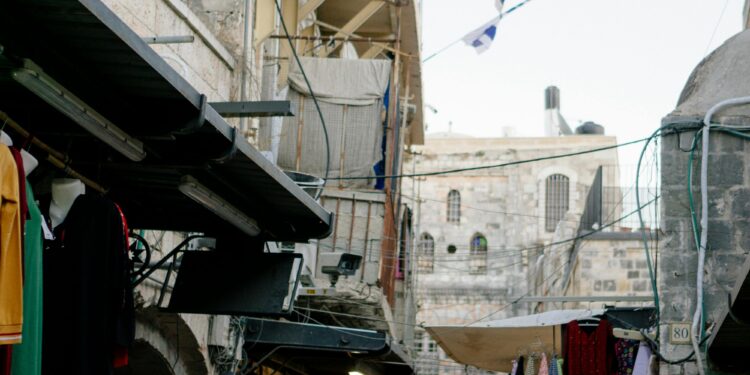Thousands of Israelis have taken to the streets demanding a cease-fire with Hamas following the discovery of six more hostages’ bodies in Gaza. The hostages, including Israeli-American Hersh Goldberg-Polin, were found dead in a tunnel in Rafah, sparking renewed calls for an end to the ongoing conflict. This tragic development intensified public pressure on Prime Minister Benjamin Netanyahu, whose government has been criticized for its handling of the hostage crisis and the prolonged war. On Monday, September 2nd, Prime Minister Netanyahu asked for “forgiveness” from protesting Israelis over the hostages being found.
The bodies, recovered on Saturday, were among the 250 individuals taken hostage during Hamas’s October 7, 2023, attacks on southern Israel. The Israeli Health Ministry stated that the hostages were killed at close range shortly before Israeli forces reached them. Among the dead were also Eden Yerushalmi, Alexander Lobanov, Almog Sarusi, Carmel Gat, and Ori Danino, who were abducted during the attack on the Nova music festival and from nearby communities. Netanyahu condemned the killings, attributing the stalled negotiations to Hamas’s unwillingness to reach a deal.
Protests erupted in major cities such as Tel Aviv and Jerusalem, where citizens, including relatives of the deceased, marched with symbolic coffins to the prime minister’s office. “We believe the government is making these decisions for its own conservation and not for the lives of the hostages,” said Shlomit Hacohen, a protester in Tel Aviv. The public outcry has led Israel’s largest trade union, the Histadrut, to call a nationwide strike, aiming to pressure the government into negotiating a cease-fire.
The protests have exposed deep divisions within Israel, as many Israelis now favor a cease-fire, yet some continue to support Netanyahu’s strategy of achieving “total victory” over Hamas. Netanyahu’s government faces criticism not only for its wartime strategy but also for potentially prioritizing its political survival over securing the hostages’ release. “Nothing is worse than knowing that they could have been saved,” said Dana Loutaly, reflecting the widespread frustration.
Hamas, meanwhile, has blamed the deaths on Israeli airstrikes, claiming that the hostages would still be alive had Israel agreed to a United States-backed cease-fire proposal in July. This is not the first time since the beginning of the conflict that Israeli citizens that were being held hostage were killed by Israel’s airstrikes on Palestine. Despite these claims, tensions remain high as the hostages’ families and the public call for immediate action. “The state of Israel must prioritize the lives of the hostages over any political maneuvering,” urged an organizer of the protests.
As the conflict enters its eleventh month, the hostages’ deaths have amplified calls for an end to the violence, adding urgency to diplomatic efforts. The situation remains precarious, with the Israeli government under intense scrutiny both domestically and internationally to negotiate a deal that would end the hostilities and secure the safe return of the remaining hostages.









